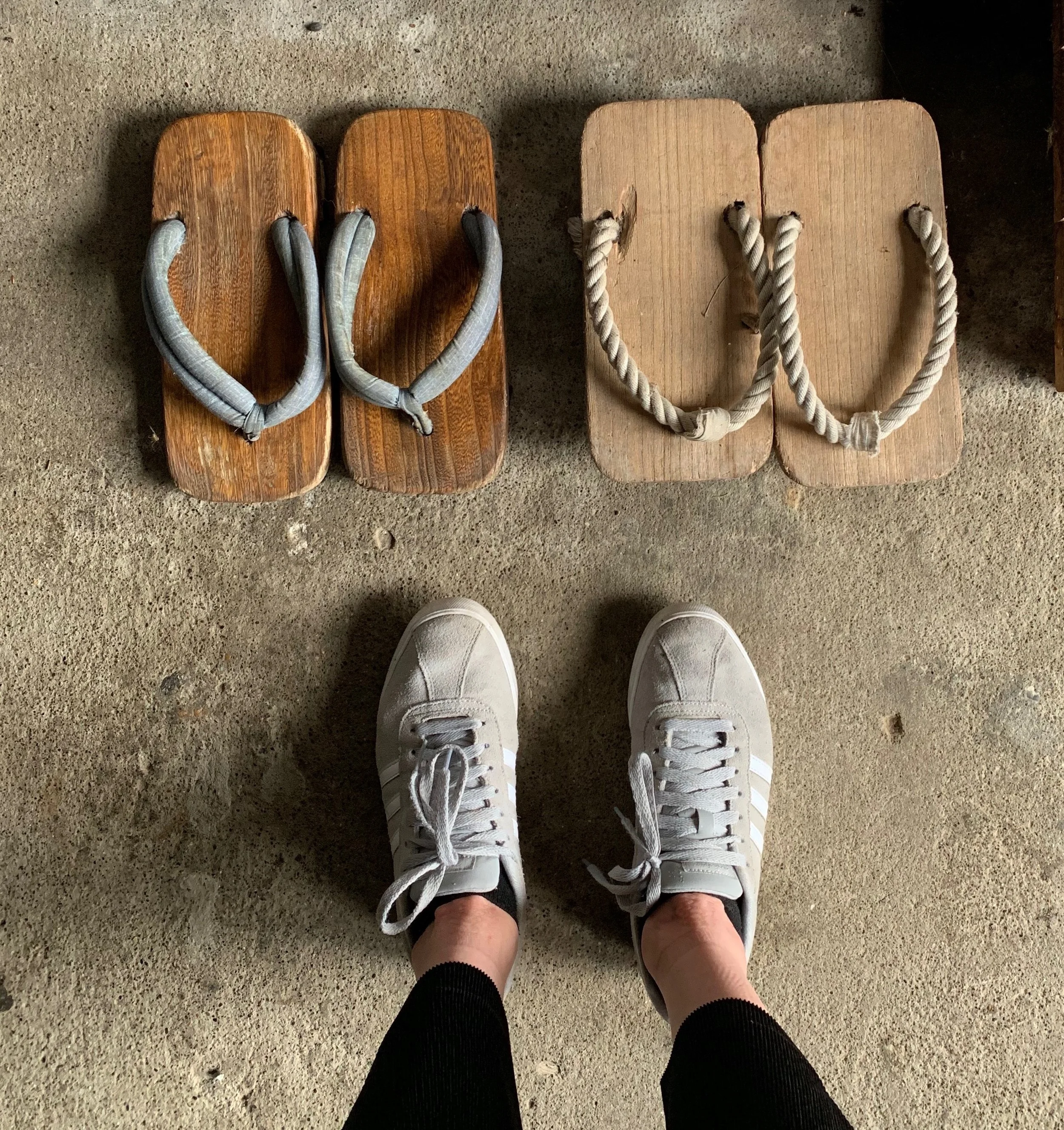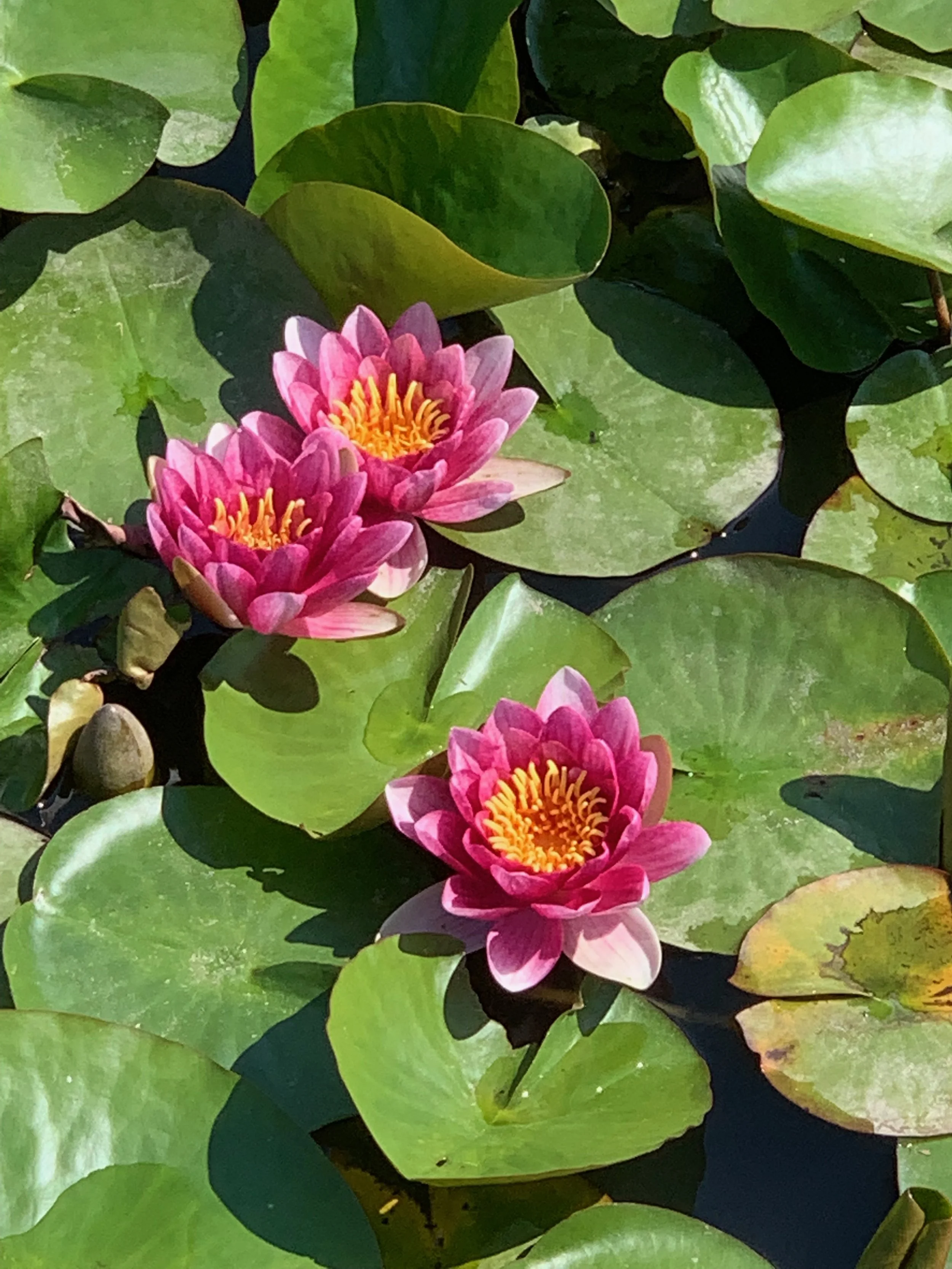When trying to fit in is difficult.
For most of my life, I felt like I didn’t belong—in a country, a job, or even in my family.
I’ve been a foreigner since I left Belgium at eight. Living in Venezuela meant growing up with the Spanish side of my family: ultra smart but more interested in business than art or philosophy. When I was 13, I used to scare the hell out of them by asking, “What are we going to do? Capitalism doesn’t work! Neither does communism! There is no viable economic system!” Or… “Where does the universe end? Is there anything beyond it?” (I gave up on the former but still wonder about the later one.)
Moving to New York was awesome. It gave me the freedom to be whoever I wanted but did little to improve my sense of belonging. We were all drifters.
A few years into my Reiki practice, however, while deep in meditation or offering a session, a sense of connection and wellbeing would settle over me and the words “I am home" would pop into my head.
Home in my own body and mind, but connected to everyone and everything.
A fleeting feeling, it’s true. But a feeling that has given me a sense of belonging anchored in myself, not in temporary situations, relations or possessions. A feeling that allows me to let go of the need to define who I am to others and even myself.
Now when my family thinks I am a Hare Krishna who goes around New York with a begging bowl singing “hare, hare,” because I meditate, I smile. (This is not a joke, they actually do.)
What makes you feel like you are “home”? What gives you a sense of safety and warmth? I would love to hear about it!
Love and light,
Nathalie





